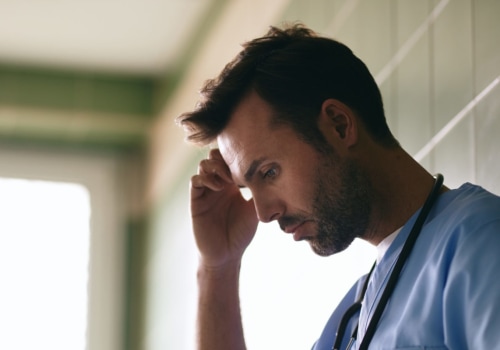Having a sexually transmitted disease (STD) can be a scary experience. Many STDs have no symptoms, so they can go unnoticed for a long time. However, some common symptoms of STDs include itching, burning sensation when you urinate, and unusual, foul-smelling secretions. If you experience any of these symptoms, it is important to see a healthcare provider right away. STIs are infections that are transmitted through sexual contact.
They can be caused by viruses, bacteria, or parasites and can be spread through vaginal intercourse, anal sex, oral sex, or skin-to-skin contact. Many people get STIs but don't know it because they don't have symptoms. Other people may have mild or more bothersome symptoms. There are many different types of STIs and each one has its own set of symptoms and treatments. Here you'll find information about some of the most common ones.
Chlamydia is one of the most common STIs and is caused by bacteria. It is usually spread through vaginal intercourse but can also be spread through oral or anal sex. Symptoms of chlamydia may include burning during urination, pain in the lower abdomen, and unusual discharge from the penis or vagina. Treatment for chlamydia usually involves antibiotics. Gonorrhea is another common STD caused by bacteria.
Symptoms of gonorrhea may include burning during urination, pain in the lower abdomen, and unusual discharge from the penis or vagina. Treatment for gonorrhea usually involves antibiotics. Herpes is an STD caused by a virus that is usually spread through skin-to-skin contact. Symptoms of herpes may include itching or tingling around the genitals, painful blisters or sores on the genitals, and flu-like symptoms such as fever and body aches. Treatment for herpes usually involves antiviral medications. HIV is an STD caused by a virus that is usually spread through sexual contact or sharing needles with an infected person.
Symptoms of HIV may include fever, fatigue, swollen lymph nodes, and weight loss. Treatment for HIV usually involves antiretroviral medications. If you think you may have an STD, it is important to see a healthcare provider right away for testing and treatment. Early diagnosis and treatment can help prevent serious health complications.







